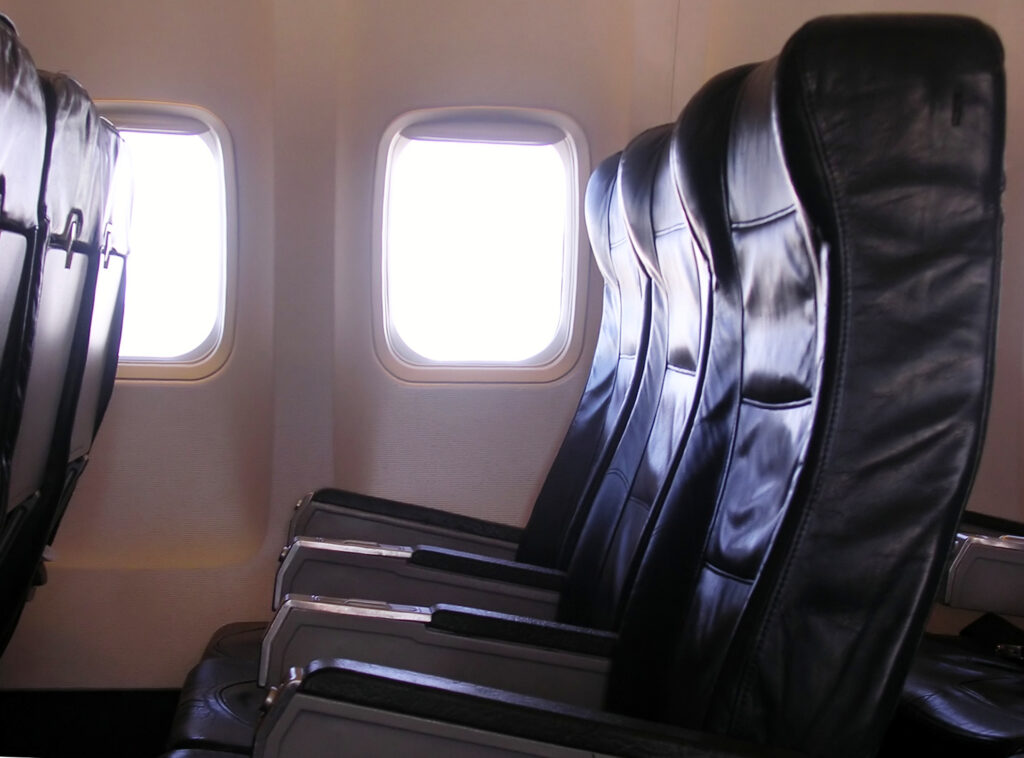
On September 16, 2024, a special master for the Northern District of Georgia issued a report and recommendation to deny Ionic Air Care’s motion for summary judgment that Aviation Clean Air’s patents were invalid under the “public use” and “on-sale” bars to patentability of 35 U.S.C. § 102(b). This case is notable because even though the patentee received payments from customers for an air purification system installed on the customers’ aircraft, the special master found that the installations and payments did not trigger bars under 35 U.S.C. § 102(b).
Aviation created and patented a system for purifying the air inside the cabin of an aircraft using ionization technology. More than one year before applying for patents (the “critical date”), Aviation received payment for and installed its systems on various customers’ aircraft to observe and monitor their performance across different aircraft.
Aviation sued Ionic for patent infringement after it learned that Ionic was making and importing what it believed to be an infringing system. Ionic moved for summary judgment that Aviation’s patents were invalid under the public use and on-sale bars of § 102(b). Ionic argued that Aviation’s testing of its system on customers’ aircraft and payment by the customers for the systems before the critical date invoked the public use and on-sale bars.
The special master rejected Ionic’s arguments, finding that Ionic failed to present clear and convincing evidence that the pre-critical date testing and payments were commercial in nature and not incidental to experimentation and that there was a genuine dispute of material fact sufficient to deny summary judgment. For example, Aviation demonstrated that it was necessary to experiment on multiple aircraft to see if the system worked for its intended purpose, that the tests were necessary to ensure the safety of the system, that it monitored the tests and retained control of the system at all times, that the length of the testing periods were reasonable, and that the tests resulted in changes to the system. The special master noted that Aviation’s receipt of payments was just one factor to consider when weighing whether the installations were commercial in nature and that the payments were reimbursements to cover installation, shipping, travel, and equipment costs. The special master found that based on the evidence, a reasonable jury could find that Aviation’s pre-critical date uses of its patented system were substantially for the purposes of experiment, and therefore denied Ionic’s motion for summary judgment.
